Show Topic
ITRI Influxes Five Water Treatment Technologies
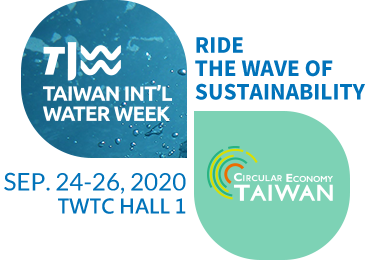
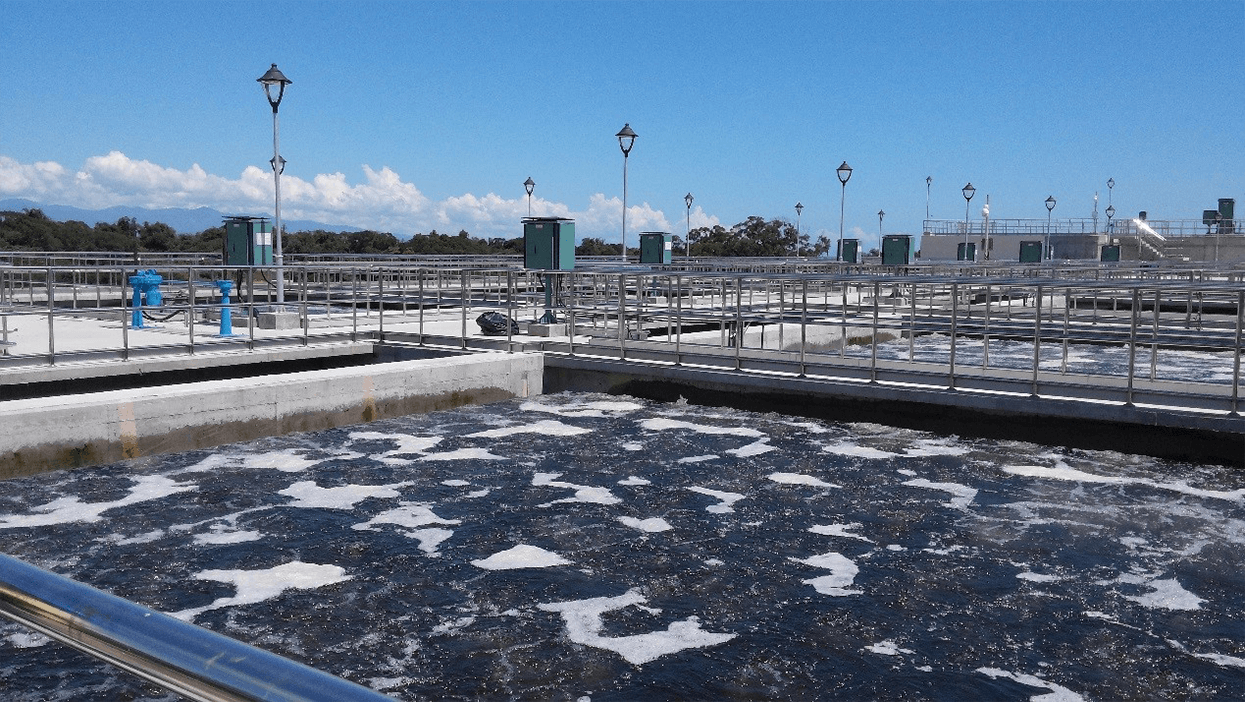
Application of BioNET bio membrane technology to pre-treat the raw water of Donggang
River for the removal of the ammonia nitrogen and organic substances
The highlights will be more diversified this year to clearly address the important issues of current water resources. We hope that the combination of different technologies and applications can help solve problems for the industry, provide a comprehensive vision, and stay closer to the current status of Taiwan’s water industry," said Dr. Wang-kung Chang, Deputy Division Manager, Division of Water Technology Research, Material & Chemical Research Laboratories, ITRI.
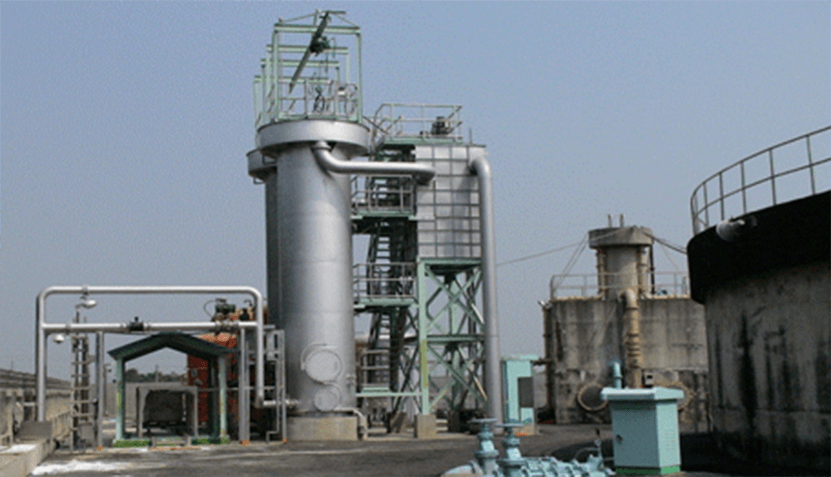
FBC fluidized bed crystallization technology applied to a water-softening plant
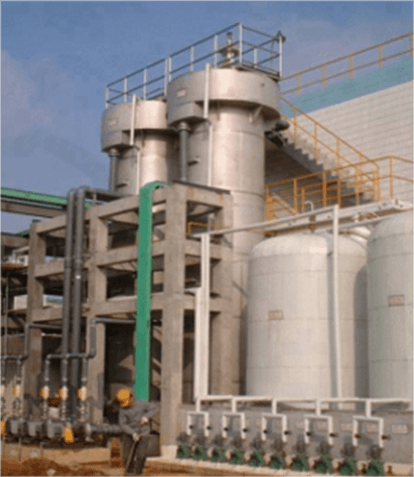
FBR-Fenton technology applied to remove the organic substances from the wastewater
in a petrochemical plant
While fixed equipment is the main focus in traditional thinking for R&D, the core design concept of water quality monitoring equipment and intelligent control, instead, is to create a "platform" which the innovative water quality monitoring IoT (Internet of Things) and AIoT (artificial intelligence IoT) technologies are utilized. It not only masters the water quality or wastewater discharging status, but also builds up the self-control mechanism to further save energy, reduce the costs of chemicals and risks, and keep in line with the future development trend of science and technology.
Because each country has different nature environments, government regulations, industrial structures, economic models and other conditions, the demand for environment protection technologies are somewhat different. Take Taiwan as an example. We have different amounts of rainfall and runoff during wet and dry seasons and each industry, mostly small and medium-sized factories, has relatively diverse modes in its overall water usage and drainage. As a result, , we need to design a flexible combined applications, which would meet the needs of the Southeast Asian market," emphasized Wang-kung Chang.
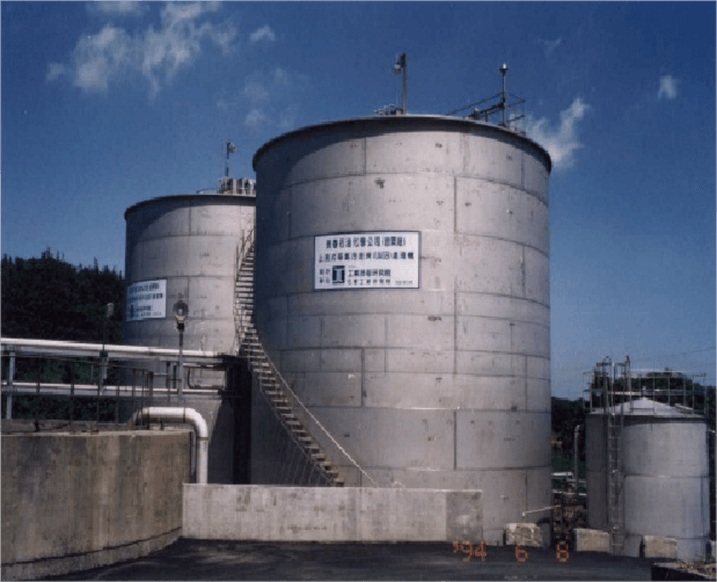
Up flow anaerobic sludge blanket (UASB)
At present, many of ITRI's technologies have been successfully applied in various fields, such as wastewater treatment and reclamation for large semiconductor manufacturers, pre-treatment of tap water, and wastewater treatment for people's daily lives. To respond to changes with the time, simultaneously uphold government policies and meet industry needs, the ITRI has been playing an indispensable role in not only transferring the necessary technologies to manufacturers, engineering companies and related entities so as to jointly improve the competitiveness and output value of the water industry but also promoting the upgrades for environmental protection and various industries.


